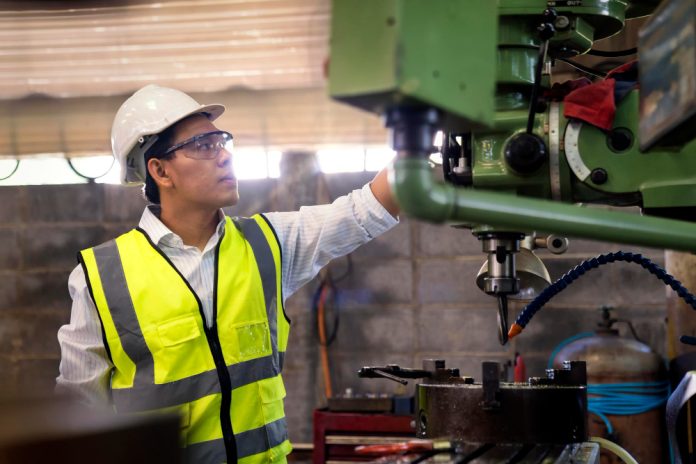The machine tool industry is the backbone of any manufacturing sector, providing the precision tools necessary to produce high-quality products. In India, the evolution of this sector has been closely linked with the country’s manufacturing ambitions.
The Indian Machine Tool Manufacturers’ Association (IMTMA) has been instrumental in driving this growth, advocating for the integration of cutting-edge technologies and promoting innovation within the industry.
The Role of Machine Tools in Manufacturing
Machine tools are used to shape, cut, drill, and finish metal or other materials into a finished product. In the context of India’s manufacturing sector, machine tools enable the production of everything from automobile parts to aerospace components.
With the rapid advancements in technology, machine tools are becoming increasingly automated and intelligent, integrating IoT, artificial intelligence, and robotics to enhance efficiency and accuracy.
As the demand for high-precision components grows across industries such as automotive, electronics, and aerospace, the Indian machine tool industry is adapting to keep pace with these advancements. The integration of automation and CNC (computer numerical control) systems has brought a new era of precision manufacturing in India.
Opportunities in the Machine Tool Industry
The future of the Indian machine tool industry is promising, thanks to the growth of industries that depend on these tools for precision manufacturing. The automotive sector, for example, is expected to drive significant demand for advanced machine tools as carmakers seek to manufacture more complex components efficiently.
The Indian government’s push for self-reliance, with initiatives like Make in India, has further boosted demand for locally manufactured machine tools.
As India looks to reduce its dependency on imports, the machine tool sector is poised to meet the growing demand for high-precision tools used in various manufacturing processes.
IMTMA plays a crucial role in promoting innovation within the industry. Through technology exhibitions, training programs, and collaborations, it is encouraging manufacturers to adopt new technologies like 3D printing, additive manufacturing, and advanced robotics.
Challenges Facing the Indian Machine Tool Industry
Despite these opportunities, the Indian machine tool industry faces several challenges. One of the biggest hurdles is the lack of skilled labor. Although the demand for advanced machine tools is growing, there is a shortage of workers who are trained to operate these machines and maintain the complex systems they rely on.
Furthermore, the cost of technology remains a barrier for smaller manufacturers. While automation and digitalization offer significant benefits, the initial investment required can be prohibitively expensive, especially for small and medium enterprises (SMEs).
The Path Forward for India’s Machine Tool Industry
To overcome these challenges and unlock its full potential, the Indian machine tool industry needs to focus on research and development (R&D), skills development, and government support. IMTMA is advocating for more investment in R&D, which would help improve the technological capabilities of Indian manufacturers and make them more competitive globally.
Additionally, initiatives aimed at improving the skilling of the workforce, along with more affordable financing options for small manufacturers, will be essential in accelerating the growth of the machine tool industry.
The future of machine tools in India looks bright, but it will require sustained efforts in innovation, collaboration, and education to remain competitive on the global stage.












